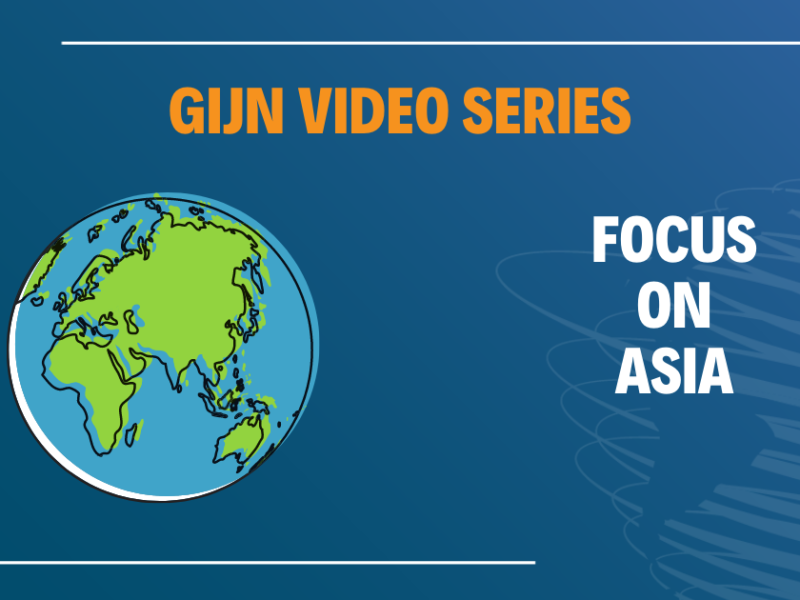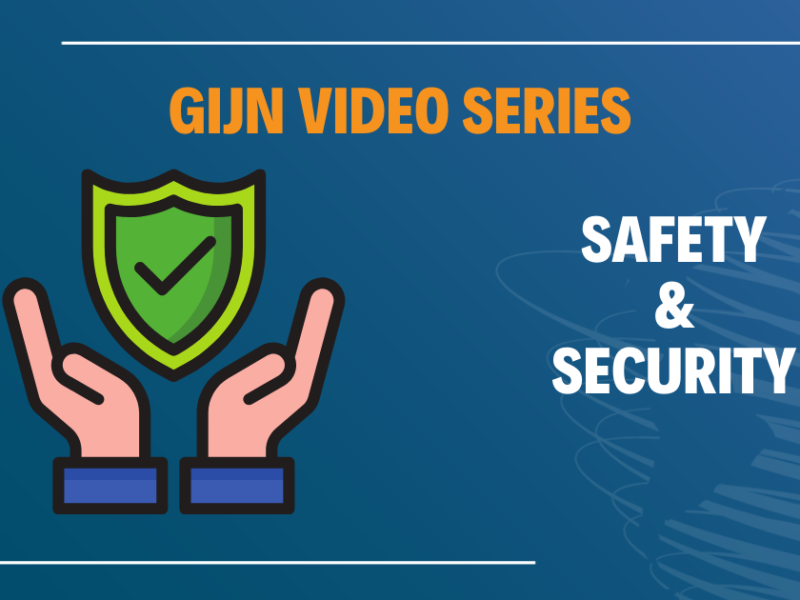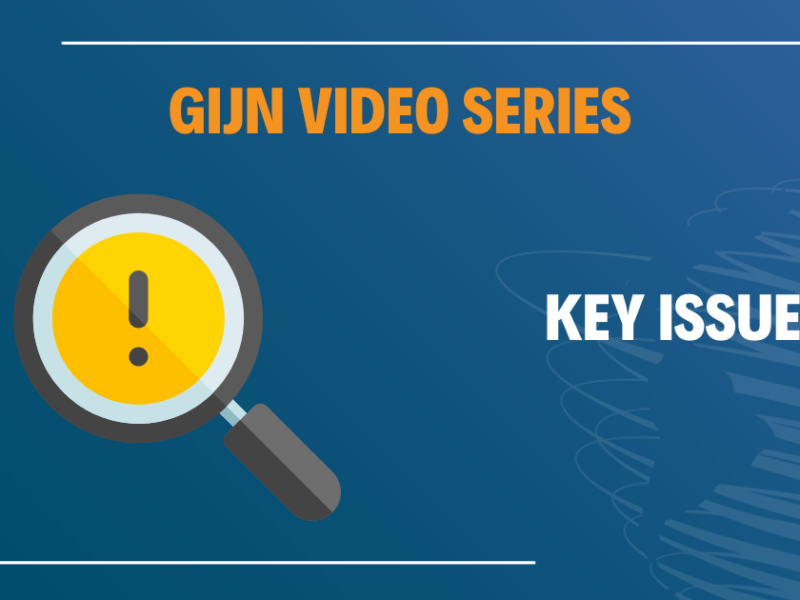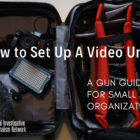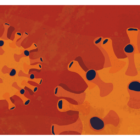To share best practices and other lessons learned from our most recent global conference, we are releasing a series of videos from the event’s many seminars, panels, and workshops. This latest installment focuses on reporting tips and collaborations in the Asia-Pacific region and insights for reporting in China.
Resources
A Guide to Fact-Checking Investigative Stories
|
Bulletproofing your story demands much more than getting the facts right. It requires a meticulous approach from the start in order to pass quality control. Over the years, Mission Investigate has produced internationally awarded stories on topics ranging from transnational bribery and organized crime to the Catholic Church and the UN. Along the way, our team has learned about how to avoid getting facts wrong and making sure our stories were challenged before publication – not after.
Resources
How to Set Up a Video Unit: A GIJN Guide for Small Organizations
|
During the fourth day of GIJC21, GIJN released its new guide on building small video teams for investigative journalism. It covers everything from how to hire staff and plan out your shoots to tips for better photography and helpful case studies.
GIJC21
Turning Dead-Ends Into Breakthroughs Using Visual Investigation Techniques
|
In an expert panel on visual investigations at #GIJC21, three members of the New York Times’ pioneering team showed that it is now possible to report exactly who did what, and when, at various incidents.
GIJC21
5 Journalism Tips from Edwy Plenel
|
After the opening, plenary session of GIJC21, Mediapart editor and French journalist icon Edwy Plenel spoke with GIJN’s French editor, Marthe Rubio, to offer five, high-level tips for running a successful investigative news outlet.
GIJC21
Beyond Elephants and Rhinos: Tips For Covering Wildlife Trafficking
|
Wildlife crime doesn’t just impact wildlife, it undermines security, promotes corruption and other illegal cross-border activities, but it remains under-covered. In a session at the GIJC21, a team of experienced wildlife crime journalists explained why more focus should be given to these crimes, and offered tips on how to go beyond the stories on iconic species such as elephants.
GIJC21
Lessons from the Pandemic: COVID-19 and Health-Pharma Investigations
|
During the COVID-19 pandemic, journalists worldwide were suddenly thrown into the public health beat, trying to make sense of competing claims, and a science that seemed to change by the day. A session at the GIJC21 walked reporters through the COVID-19 pandemic, offering tips on covering the drug development and approval processes, evaluating scientific studies, unearthing conflicts of interest, and exposing fraud and malpractice.
GIJC21
Tips for Investigating the Climate Change Crisis
|
On the second day of GIJC21, journalists from Brazil, Indonesia, and The Netherlands offer tips and tools on how to cover what may be the most important story we ever dig into: how humanity copes with the unprecedented challenge of climate change.
GIJC21
6 Tips When Investigations Lead to China
|
Despite China’s growing secrecy and media crackdown, the country’s global footprint opens new ways to report on Chinese affairs, according to panelists at a Nov. 4 session at the 12th Global Investigative Journalism Conference (#GIJC21).
GIJC21
9 Leadership Tips for Women in Investigative Journalism
|
At GIJC21, a panel of editors and newsroom leaders currently at the helm of leading investigative journalism organizations around the world detailed how they had risen to the top despite the challenges facing women in many newsrooms, and gave tips for female investigative reporters.
Organized Crime Guide
Investigating Organized Crime: A New GIJN Guide
|
In concert with GIJC21’s panel on the “New Organized Crime,” GIJN has released a comprehensive, multi-part reporting guide to investigating organized crime around the world, looking at nine key areas: criminal finance, narcotics, arms trade, environmental crime, forced disappearances, cybercrime, mafia states, human trafficking, and art and antiquities.
